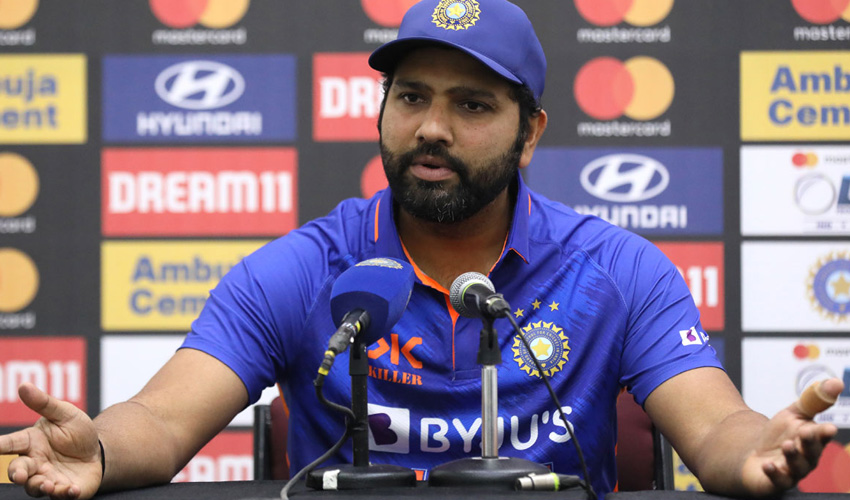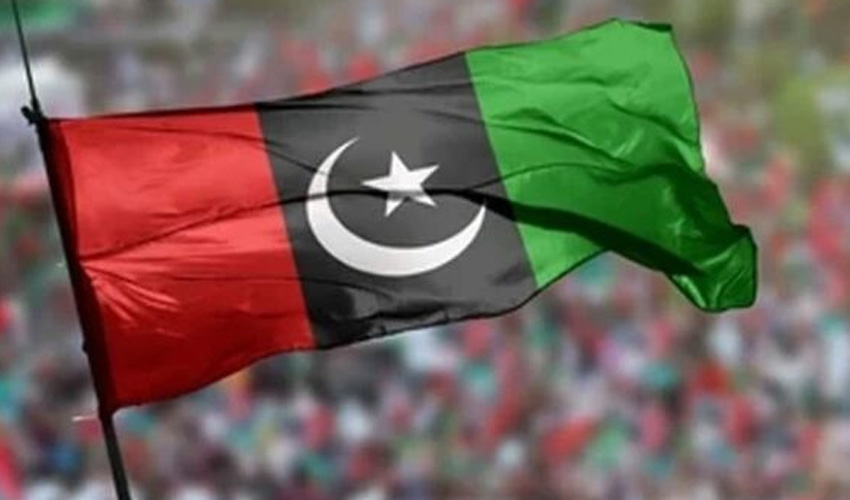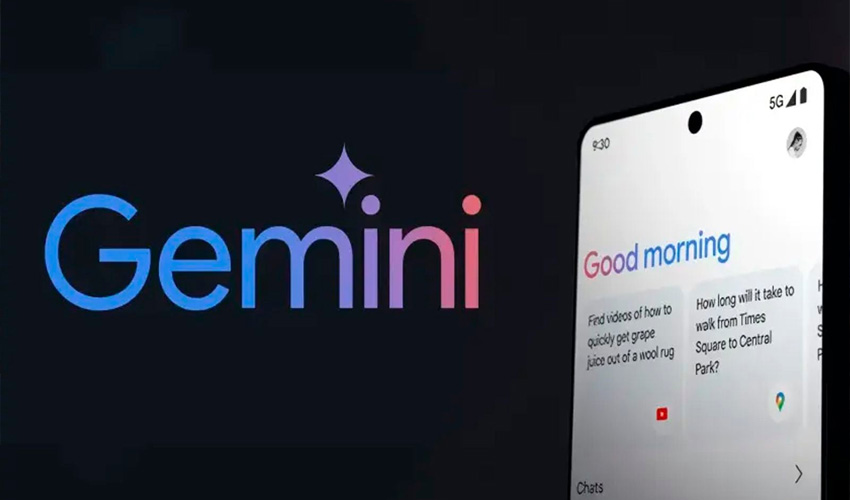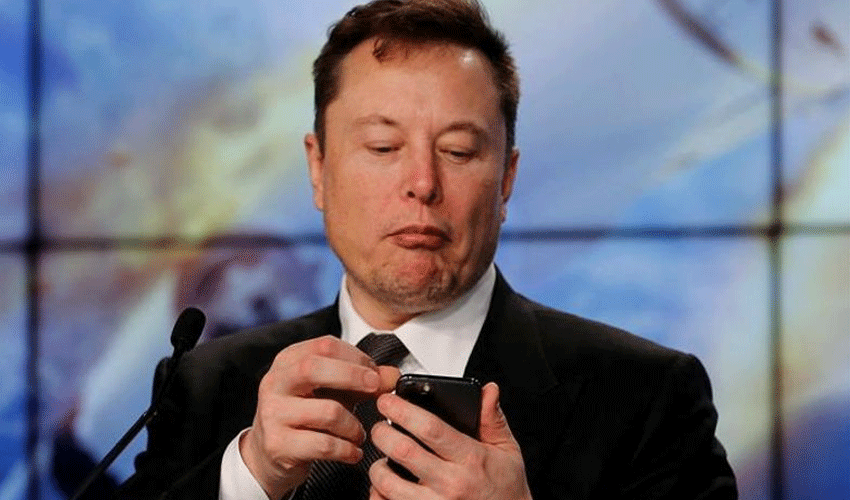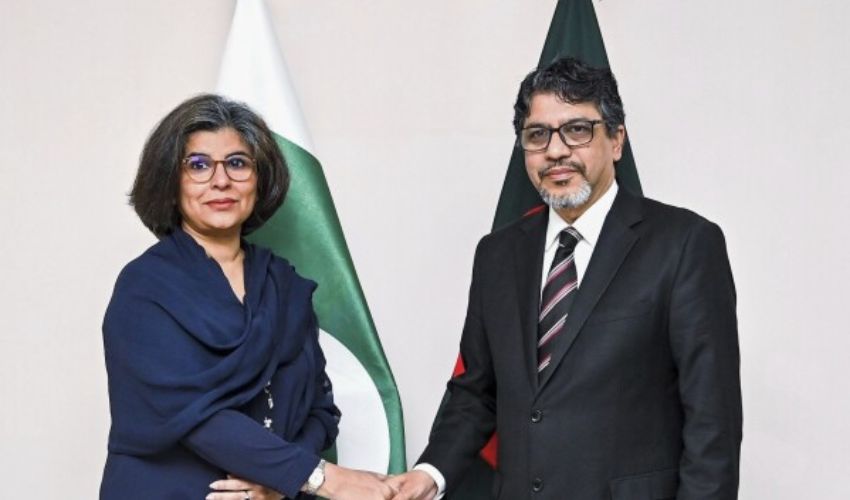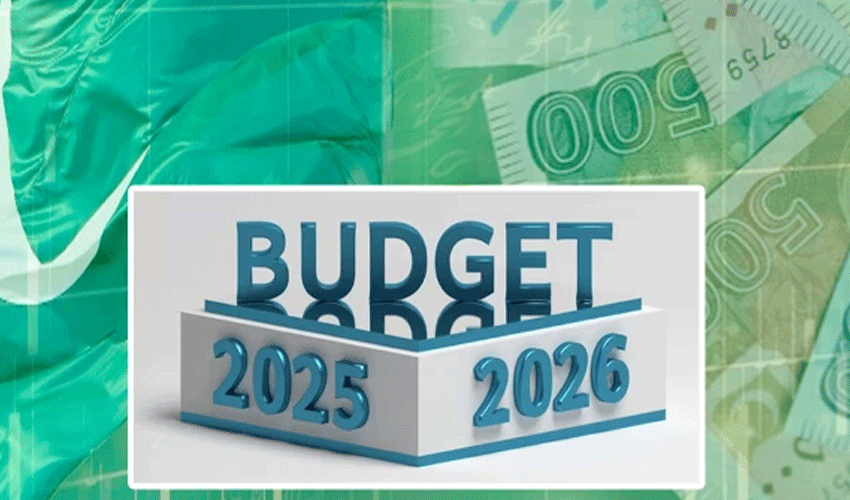Indian cricket star Rohit Sharma has strongly criticized the Indian Premier League (IPL) broadcasters for airing a private conversation despite his explicit request to shut down the audio.
The incident has sparked a debate on the intrusive nature of media coverage in sports.
Sharma took to social media platform X, formerly known as Twitter, to voice his frustration over what he described as an increasing invasion of privacy faced by cricketers. "The lives of cricketers have become so intrusive that cameras are now recording every step and conversation we are having in privacy with our friends and colleagues, at training or on match days," Sharma posted.
The lives of cricketers have become so intrusive that cameras are now recording every step and conversation we are having in privacy with our friends and colleagues, at training or on match days.
— Rohit Sharma (@ImRo45) May 19, 2024
Despite asking Star Sports to not record my conversation, it was and was also then…
The controversy arose after Sharma's conversation with Kolkata Knight Riders' Abhishek Nayar, which took place following Mumbai Indians' fixture against KKR on May 11, was broadcasted by Star Sports. Sharma had specifically requested the broadcasters to turn off the audio during the conversation, a request that was disregarded.
"Despite asking Star Sports to not record my conversation, it was and was also then played on air, which is a breach of privacy," Sharma lamented. He warned that the relentless pursuit of exclusive content and viewership could damage the trust between fans, cricketers, and the sport itself. "The need to get exclusive content and focused only on views and engagement will one day break the trust between the fans, cricketers, and cricket. Let better sense prevail," he added.
The incident highlights a growing concern among athletes about the extent to which their personal and professional lives are exposed by media coverage. While the quest for engaging content drives broadcasters to push boundaries, it also raises important questions about respecting the privacy and consent of those in the public eye.
As the debate continues, stakeholders within the sport and media industry are urged to find a balance that maintains both the integrity of the game and the privacy rights of its players.





